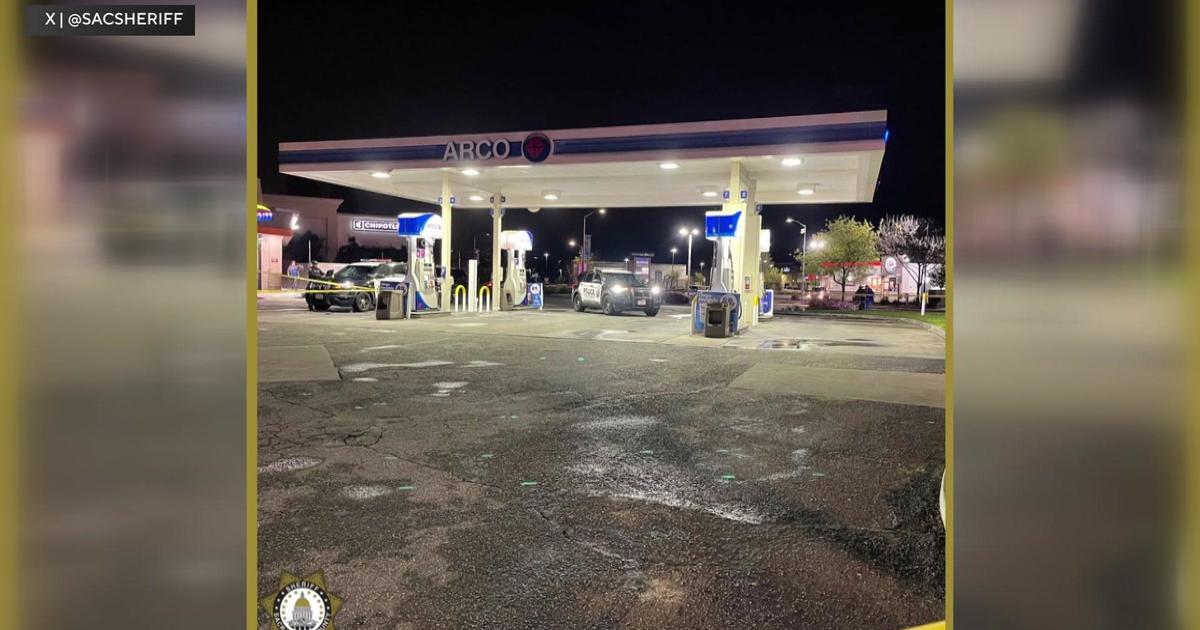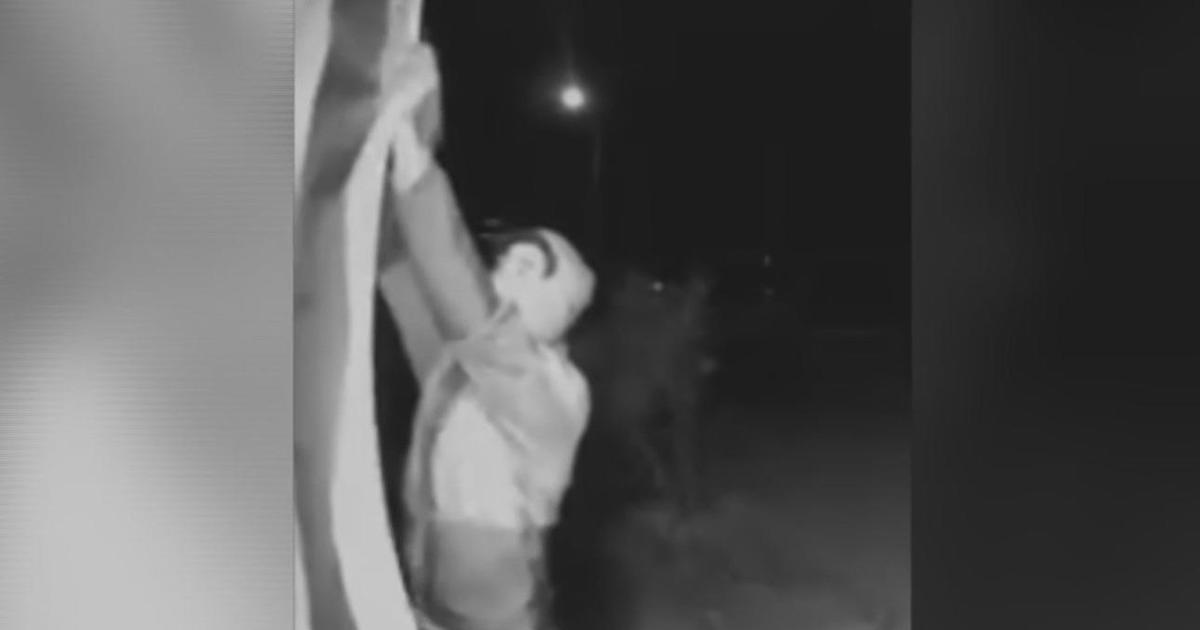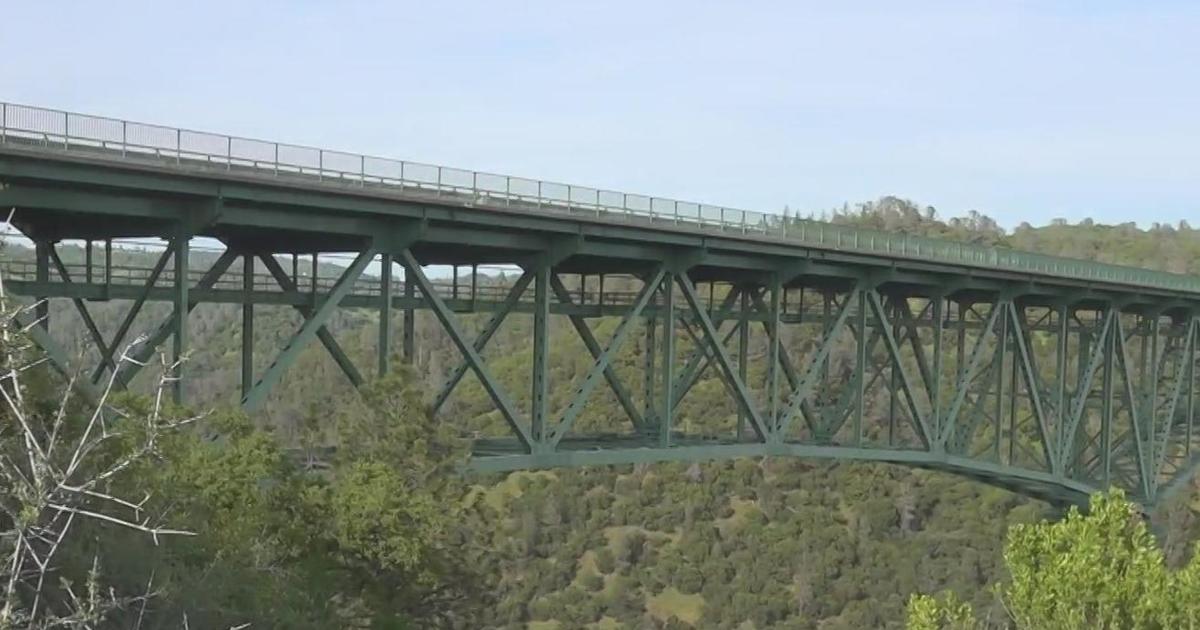SF Bay Area BART Trains Running As Labor Negotiations Continue
OAKLAND, Calif. (AP) — A major San Francisco Bay Area transit system is running trains as usual Friday after unions and management agreed to continue labor talks past a midnight deadline.
But Bay Area Rapid Transit unions say they will go on strike on Monday if they don't reach a deal by the end of the weekend.
The two sides are expected to resume negotiations at 10 a.m. Friday. They were facing the end of a 60-day cooling-off period that prohibited a strike the previous night when they announced that they would continue talks, and there would be no strike on Friday.
BART chief negotiator Thomas Hock says BART will offer a new proposal to the unions.
BART is the nation's fifth-largest rail system and serves hundreds of thousands of riders each weekday.
THIS IS A BREAKING NEWS UPDATE. Check back soon for further information. AP's earlier story is below.
A major San Francisco Bay Area rapid transit system will continue to run commuter train service at least through the weekend after unions and management agreed late Thursday to extend labor talks past a midnight deadline, officials said.
Bay Area Rapid Transit and two of its largest unions, the Amalgamated Transit Union Local 1555 and the Service Employees International Union Local 1021, agreed to resume talks starting Friday as the parties were facing the end of a 60-day, state-mandated cooling-off period that prohibited a strike.
The unions announced that if no agreement is reached by midnight Sunday, they will strike on Monday.
The parties emerged shortly before midnight Thursday as BART chief negotiator Thomas Hock said that the talks would resume at 10 a.m. Friday. He also noted that the new proposal from BART management had not been presented to the unions Thursday and would be offered early Friday.
SEIU 1021 President Roxanne Sanchez said that BART Board members and possibly General Manager Grace Crunican would be joining the talks on Friday and staying until a deal is reached in hopes of avoiding a second strike in three months.
"We believe that these developments can only help bring a resolution to these long, drawn out negotiations," Sanchez said. "And for this reason, we will continue bargaining through the weekend."
BART spokesman Rick Rice said in a statement early Friday that trains on the nation's fifth-largest rail system will be running — for now.
"We are grateful the Bay Area will not be impacted by our unions for the next few days and that the trains will be running while we continue to negotiate," Rice said. "BART was prepared to offer a new proposal today but the unions told us they were not ready for it. We will continue negotiations tomorrow at 10 a.m."
If the clock had stuck midnight with no agreement, some 2,300 BART workers could have walked off the job — and an estimated 400,000 commuters could have been left stranded again.
On Thursday, BART officials said they were prepared to meet past the deadline and through the weekend if necessary, and hoped the unions would agree to do the same.
"We're just trying to keep the trains running," Rice said.
Hock, said he would not be the one to walk out of the late-night negotiations with the unions.
"If we keep meeting, something's going to happen," Hock said.
Hundreds of thousands rail commuters would be stranded by a work stoppage on BART, which links far-flung suburbs to bigger Bay Area cities and provides a crucial link under the bay between San Francisco and Oakland.
Labor talks initially began in April and have at times been contentious as BART workers went on strike for 4 1/2 days in July, leading to crowded buses, jammed bridges and forced traffic to a crawl throughout the Bay Area before Gov. Jerry Brown mandated the cooling-off period.
Earlier this week, union leaders thought they had a deal with BART management but said the proposal presented late Tuesday was rescinded.
"We thought we were really close and they totally yanked it off the table," ATU President Antonette Bryant said. "We gave them a counteroffer, and the next day they said, 'Oh, you misunderstood what we proposed.' We said, 'No we didn't.'"
Hock said BART never made a formal offer and blamed a mediator for the confusion.
"The mediator misunderstood and miscommunicated what had been talked about because we had never put that offer out there in any way, shape or form," Hock said.
The two sides have reached agreement on pension contributions but are still at odds over compensation, health care and safety.
The unions want a raise of nearly 12 percent over three years while BART has proposed a 10 percent increase over four years. BART said workers from the two unions now average about $71,000 in base salary and $11,000 in overtime annually. The workers' pay a flat $92 monthly fee for health insurance.
State transportation officials released a statement late Thursday saying they'll expand the hours of high-occupancy vehicle lanes and make similar moves should a strike come, and BART management said they would offer limited free charter bus service across the Bay Bridge.
Copyright 2013 The Associated Press. All rights reserved. This material may not be published, broadcast, rewritten or redistributed.



